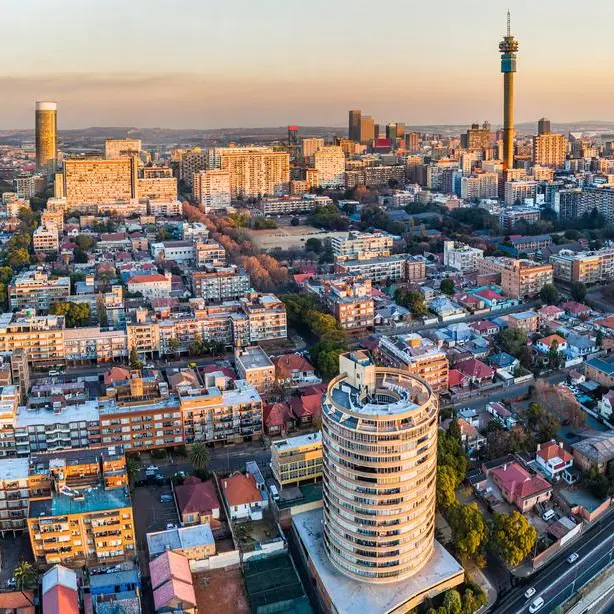PHOTO
Kenya will finally license the Uganda National Oil Company (Unoc), ending months of a major feud that spilled over to the regional court and hurt diplomatic ties between the two countries.
Energy Cabinet Secretary Davis Chirchir on Wednesday said that work is in progress to issue a permit that will allow Unoc to import fuel directly through Kenya Pipeline Company (KPC).“You will see Unoc getting a licence and then we will see how to work together because usage of our pipeline is an opportunity for us,” Mr Chirchir said.“They will employ Kenya Pipeline Company’s infrastructure so there will be no loss of opportunity, the transporter will remain to be KPC. We are working closely with Uganda to resolve the challenge.”Read: Oil: Kenya faces losses as Uganda shifts to TanzaniaChirchir's revelations came days after a case filed at the High Court in Machakos to block the licensing of Unoc was withdrawn. Sources said the licence is likely to be issued next month. The licensing could end the dispute and allow Unoc to buy fuel from Vitol Bahrain.
Uganda went to the regional court in December last year to fight for the licence that would allow the use of KPC's infrastructure. The case is yet to be determined but issuing the license is likely to end the case at the regional court as the two countries move to avert a diplomatic fallout.
Unoc’s move to start importing fuel directly from Vitol Bahrain will hit the revenues of local oil marketing companies that have for decades supplied Uganda. Unoc has over the years been primarily supplying fuel to State-owned entities in Uganda but is now set to start selling to private oil marketers.
Uganda kicked off plans for the direct imports deal through Unoc months after Kenya announced an agreement with the Gulf majors to import fuel on a 180-day credit period to ease dollar demand and prop up the shilling.
Kenya started the government-backed deal with Saudi Aramco, Abu Dhabi National Oil Corporation, and Emirates National Oil Company in April last year.
The deal was set to expire at the end of last year but was extended to December 2024. Uganda imports an average of 2.5 billion litres of petroleum annually valued at $2 billion (Ksh261.98 billion) with KPC and local oil firms handling at least 90 percent of the cargo.
But while Unoc’s entry into Kenya as a direct importer will hurt local oil firms, KPC will not suffer any revenue losses given that the Ugandan company will continue using its storage facilities and transport network to ship the fuel to the neighbouring country.
Read: Why Uganda-Kenya fallout may not lastAssurances to license Unoc came less than a week after petitioners who had filed a case to block the Energy and Petroleum Regulatory Authority (Epra) from issuing the permit withdrew the case. The case at the Machakos High Court filed by Royani Energy Limited, Acacia Ridge Construction, and two individuals was withdrawn on March 22.“The undersigned parties wish to record a consent as follows, that the petition is hereby withdrawn,” said the ruling issued on March 22.
Unoc had targeted to start the direct importation from January but was forced to indefinitely delay the roll-out after it failed to get a licence from Epra.
Kenya’s energy sector regulator declined on the grounds that Unoc failed to comply with the law. Epra cited Unoc’s failure to prove ownership of a licensed petroleum depot and at least five retail stations in Kenya.
Uganda had turned to neighbouring Tanzania as a short-term solution to allow Unoc to directly import fuel after Kenya denied the State oil company access to the port of Mombasa and KPC’s infrastructure.
Unoc has been offering cargo supplied by Vito Bahrain through the port of Dar es Salaam to oil firms in Tanzania and Uganda as it gears up to start direct importation. © Copyright 2022 Nation Media Group. All Rights Reserved. Provided by SyndiGate Media Inc. (Syndigate.info).





















